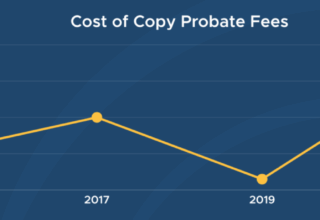
July saw our latest meeting with the Office of the Public Guardian. We’re thrilled to be able to continue our relationship with them and to be able to give our members more of an insight into how things are progressing and what is in the pipeline for the OPG. Read on for a summary of our meeting.
The OPG published their annual report on 18th July (you can download this here). The report stated that over 1 million LPA applications were received over the course of the last year. Since January of this year, figures show that the demand for LPAs has continued to increase and there are no signs of this slowing down any time soon This has been consistent since the spikes seen during the Covid-19 pandemic.
The team are seeing small reductions in timescales here and there but nothing significant overall. The general consensus is that it is unlikely that timescales will reduce notably any time in the foreseeable future.
In terms of staffing, the team are now robust enough to recognise and respond quickly to staffing needs and are still offering various working hours patterns to staff which has proved beneficial for both staff and workload.
Some work has gone into working out what the average applicant for an LPA looks like. The reasoning behind this is so that there can be a push to underrepresented groups to raise awareness of the importance of LPAs in line with their ambition to make sure an LPA is for everyone.
In our last meeting, we had asked about if it was possible for linked LPAs to be sent back in one envelope to clients or their advisors. The reason that this wouldn’t be possible is because in an effort to reduce their overall lead times, the team put only one LPA in each envelope as they know the weight of each package exactly. If they were to put multiple in, they would need to count how many were in there and then weigh them, which would take time and reduce productivity. There is also the fact that the OPG are bound to send any LPA back to the named correspondent and this may sometimes vary in some cases between linked applications and changing the current stance may create room for error.
We also spoke about whether it was possible to ensure the same case worker handled linked cases. This comes following reports of some people receiving linked documents back that have been checked by different staff at the OPG with inconsistent notes. We were told that this wouldn’t be possible without making changes within the current systems. Their priority at the moment is investigating in digital resources rather than spending time amending the current one.
We also received a very exciting update about the Modernising Lasting Powers of Attorney Bill. To date the bill has seen a smooth passage through parliament and is now in the further development stage. The next stage will be the third reading of the bill, which is expected to take place after the summer recess. Following this, it will proceed to Royal ascent but there is currently no known time-frame for this. Once that stage is complete the OPG will be able to proceed with testing the new system. The end goal is for a fully digital end product but they are mindful of the average age of their clients and the best ways to introduce this for all users.


